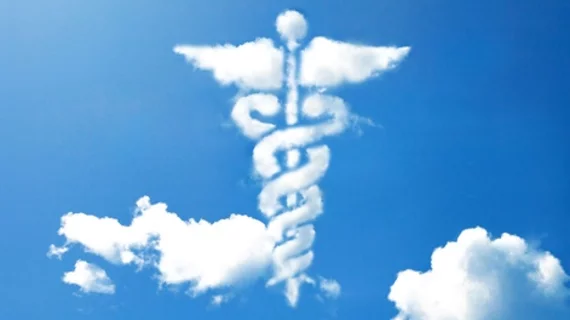Philips moves digital pathology to the cloud with AWS
Philips and Amazon Web Services (AWS) have announced a collaboration to address the growing demand for secure and scalable digital pathology solutions in the cloud. The partnership aims to optimize clinical workflows by leveraging Philips' expertise in digitization of pathology and AWS' scalable cloud solutions.
According to a statement, the collaboration will focus on advancing digital pathology to help labs efficiently store, manage and analyze increasing volumes of digital pathology data. The move to cloud infrastructure will empower more labs to adopt digital workflows, facilitating collaboration among specialists.
The integration will allow labs to connect more easily with healthcare systems that currently operate in a cloud environment, making it easier to share test results and lab images, thus improving diagnostics. Philips currently has over 300 customers using its fully digital workflow.
The collaboration with AWS aims to allow for large-scale clinical trials, multi-institute studies and care collaboration, especially for the development of cancer treatments. Philips will utilize AWS medical imaging services to optimize storage capacity and enable AI tools to aid in pathology. The goal is to streamline enterprise imaging onto a single platform for radiologists, to aid in diagnostics and developing care plans for patients.

